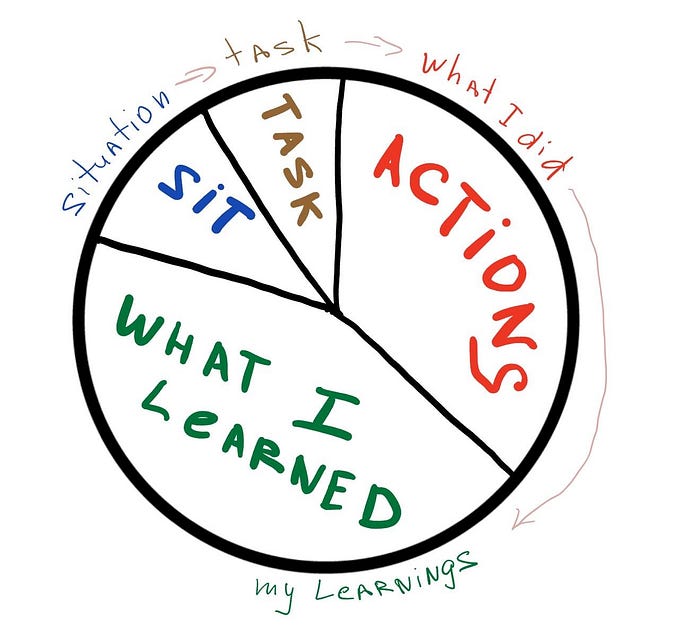Solidarity in Crisis: U.S. Humanitarian Aid to Haiti After the Devastating Earthquake of 2010

On a sobering morning in 2010, a catastrophic natural disaster of unprecedented magnitude when a devastating 7.0 magnitude earthquake struck Haiti. This seismic event left the nation reeling, its cities reduced to rubble, and its people in dire need of urgent assistance. In response to this humanitarian crisis, the international community, led by the United States, embarked on a monumental relief effort. This editorial delves into the profound impact of the U.S. humanitarian aid mission to Haiti, underscoring the critical importance of swift, coordinated responses in times of dire need.
A Nation Shattered:
The earthquake that shook Haiti in 2010 was more than a geological event; it was a human tragedy of monumental proportions. Entire neighborhoods and communities were razed to the ground, leaving behind a haunting landscape of destruction. Essential infrastructure, including hospitals, schools, and homes, crumbled before the eyes of a stunned populace. The Haitian people faced a humanitarian crisis of unparalleled scale, necessitating an immediate, resolute response from the international community.
A Compassionate and Coordinated Response:
In the wake of this catastrophic event, the United States demonstrated exceptional leadership in the arena of humanitarian aid. The U.S. government, in conjunction with non-governmental organizations and relief agencies, swiftly organized and dispatched resources to the affected areas. Medical teams, search-and-rescue units, and vital supplies were deployed with unprecedented efficiency. The U.S. military played a pivotal role in logistics and transportation, ensuring that aid reached even the most remote and isolated communities where help was desperately needed.
A Testament to Global Solidarity:
The U.S. response to the Haitian earthquake was emblematic of the spirit of international cooperation and solidarity. Nations from all corners of the globe rallied together, transcending borders and political differences to provide vital assistance. The collective effort to alleviate the suffering of the Haitian people sent a powerful message: that in times of crisis, the ties that bind humanity together are stronger than any geopolitical divide.
Sustainable Empowerment for Resilience:
The U.S. humanitarian aid mission to Haiti extended beyond immediate relief efforts. It encompassed a comprehensive, long-term vision of empowering communities to rebuild, recover, and fortify against future disasters. This involved investments in healthcare infrastructure, educational initiatives, and sustainable development projects. By fostering resilience and self-sufficiency, the aid mission aimed to pave the way for a more stable, prosperous Haiti.
Lessons for a More Resilient Future:
The U.S. humanitarian aid mission to Haiti in 2010 provides a wealth of invaluable lessons for the future. It underscores the vital importance of preparedness, coordination, and international collaboration in responding to large-scale disasters. Furthermore, it highlights the necessity of ongoing support and sustainable development efforts to ensure that communities can withstand and recover from future challenges.
A Helping Hand
The U.S. humanitarian aid mission to Haiti in the aftermath of the 2010 earthquake stands as an enduring testament to the indomitable spirit of humanity in the face of overwhelming adversity. It serves as a beacon of hope, illustrating the profound impact that can be achieved when nations unite to support those in crisis. As we reflect on this monumental effort, let it serve as a poignant reminder of our shared responsibility to extend compassion, assistance, and hope to communities in need around the world.










